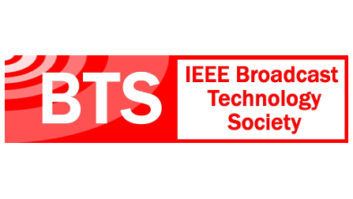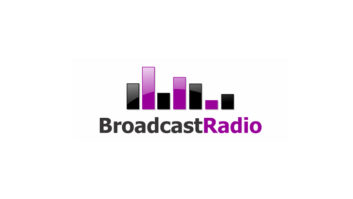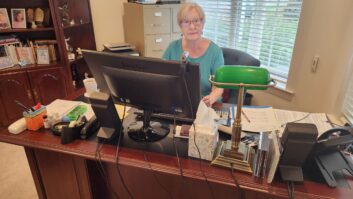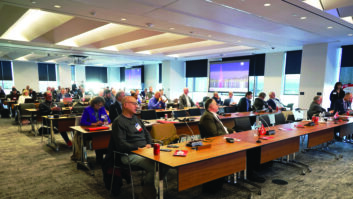The FCC is getting pressure to free up the entire 1,200 megahertz of the 6 GHz band for Wi-Fi, as broadcasters wave caution flags over potential interference to their signals should a sharing regime be instituted.
A continued call for all of the spectrum that stations now use for electronic newsgathering (ENG) came in a letter to the FCC from some of the biggest in Big Tech — Apple, Facebook, Google — as well as from consumer and free-market advocacy groups.
That was followed closely by a letter from a bipartisan pair of legislators calling for the same approach, including one whose Northern California district skirts Silicon Valley.
Broadcasters use the band for broadcast auxiliary services (BAS) operations such as sporting events, breaking news and special events. They said the FCC’s proposed interference protections — limited to lower-power, indoor operations — miss the mark, particularly as some camera transmitters used to relay footage to stations also operate indoors and at low power, so they would be in the interference line of fire even with those limitations on unlicensed devices.
Broadcasters have had to fight for ENG before as the FCC trolled for spectrum. They don’t want the agency to allow full use of the band without assurances — and not simply from the computer companies or cable operators hungrily eyeing the spectrum — that new uses won’t interfere with existing operations.
Cable operators, who are looking for more Wi-Fi spectrum, agree with the computer companies that there is a way to share and share alike.
The FCC on a mission to free up as much spectrum for 5G as possible (a Trump administration priority), including allowing shared use wherever it is feasible.
While some have argued for moving incumbents to a different band entirely, Apple and others have said that process could take a decade. Besides, sharing will work without jeopardizing incumbent service, tech companies told the FCC: “If the commission wants to bring more midband spectrum into use for next-generation wireless in the near term, while preventing disruption and interference to incumbents, the clear answer is to make 6 GHz available for shared unlicensed use.”
Lawmakers Join Push
In their letter, Reps. Jerry McNerney (D-Calif.) and H. Morgan Griffith (R-Va.) asked the FCC to free up the entire band ASAP. “We believe the 6 GHz band’s greatest potential would be realized by unlocking all 1,200 MHz of the band for unlicensed use,” they wrote. “This would foster innovation and greatly benefit American consumers and our nation’s economy.”
The legislators said they agree that protecting incumbents is crucial, but also argue that Wi-Fi has a track record of successful sharing and this should be no different, given the FCC’s expertise in protecting licensed users from interference.
The FCC voted unanimously back in October 2018 to propose opening up the band to unlicensed devices — everything from laptops to Fitbits to offloading wireless traffic — using automatic frequency control (AFC) devices to prevent interference with licensed users.
All the commissioners pointed to the need to relieve congestion in the wireless band, including under the direction of Congress in the MOBILE NOW Act, which charged the FCC with finding more spectrum for 5G.
The FCC is expected soon to vote on making that proposal a reality. But not if broadcasters have anything to do with it.
The National Association of Broadcasters argues the proponents of sharing in the band “assume away” the challenges of protecting those BAS operations. The trade group told the FCC earlier this month that hundreds of MHz can be opened for Wi-Fi and broadcasters are willing to work with the government and stakeholders on a solution to sharing. But nothing the computer companies have so far come up with fills the bill.
“[T]he Wi-Fi uses under consideration in this proceeding are simply incompatible with mobile broadcast operations used for electronic newsgathering — and no proposal advanced by any party to date will protect those mobile operations,” NAB says.
If those do ever materialize, the NAB said, the FCC can consider them then, and in a separate proceeding.












